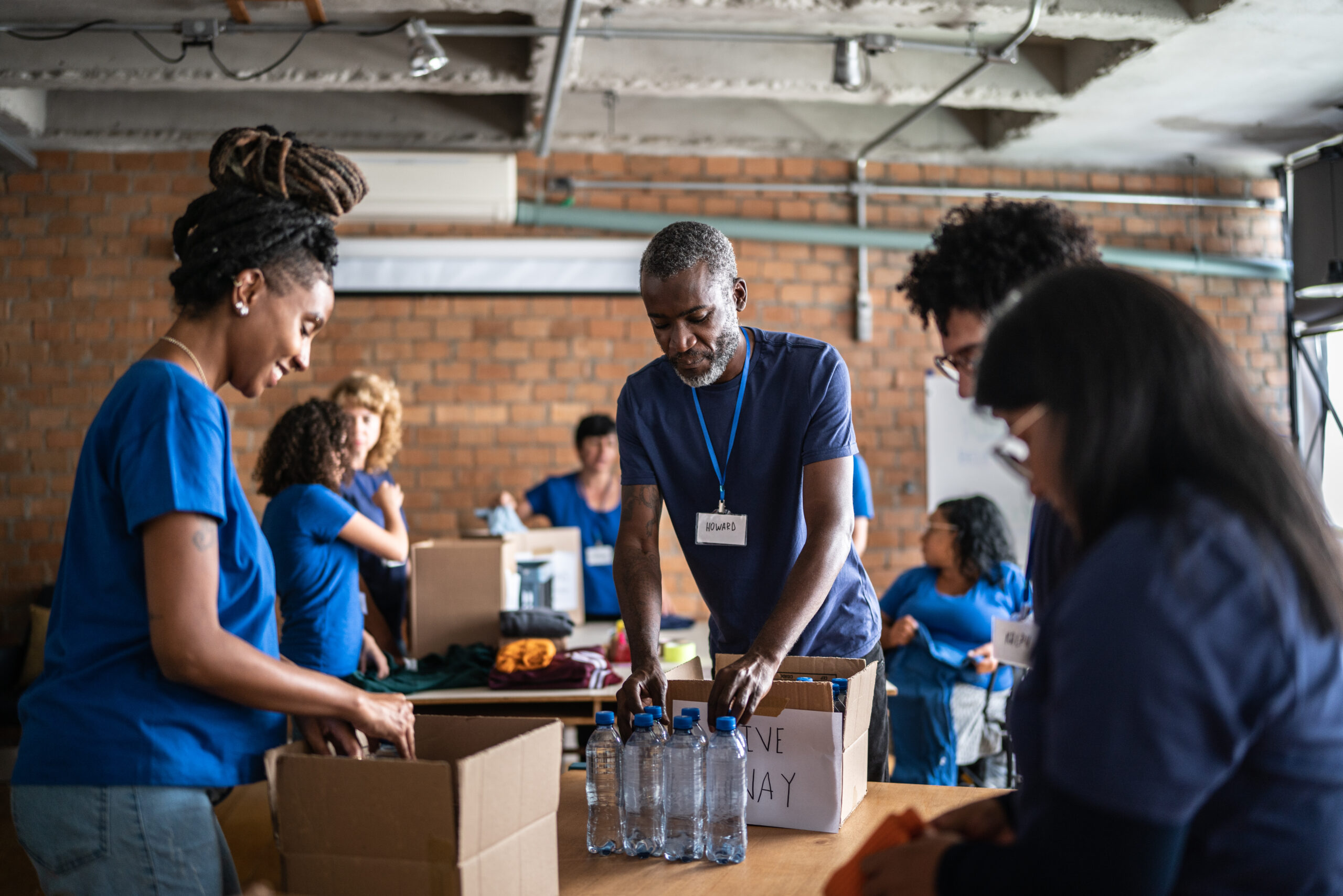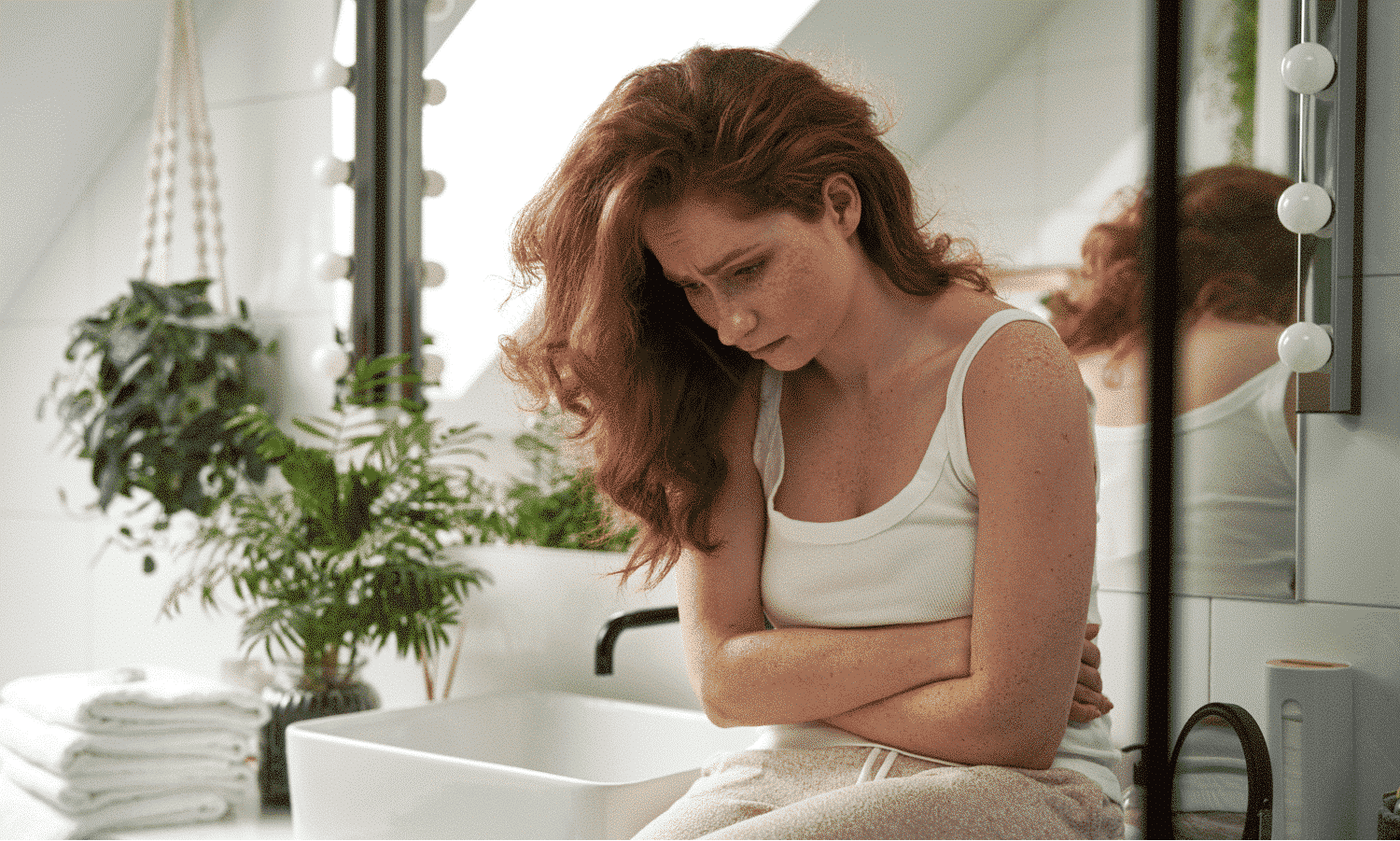|
Getting your Trinity Audio player ready...
|
We sat down with Nurse Ines, a specialist oncology nurse who has a great deal of experience working with people with breast cancer.
We wanted to get her insight into how healthcare professionals provide support to people with cancer, especially when it comes to the emotional side effects of the condition.
Along with physical side effects, breast cancer can also trigger body image issues and identity struggles, particularly due to things like hair loss as a result of chemotherapy.
Nurse Ines talked us through the psychological impact of a breast cancer diagnosis and outlined some ways to cope.
Keep on reading to get a nurse’s perspective on how to live better when living with breast cancer.
Hi, Nurse Ines. Could you tell us a little bit about yourself and the work you do with people living with breast cancer?
Gladly. I have been a specialist nurse in oncology since 2001. As a gynecological nurse, I have always worked with breast cancer patients. For the past few years I have mainly been taking care of people who need therapy due to their breast cancer in the oncology day clinic of a hospital.
How do you provide support to people living with breast cancer?
Mainly, I see myself as a contact person between the treating medical team and the person with breast cancer. I take care of the pre-therapy interview in which the whole process is discussed.
I take time to answer people’s questions and I establish contacts to different supporting professional groups.
Throughout the therapy, we aim to support the person with cancer, as well as their family. We stay right by their side by providing support both in person and on the phone.
What are some of the emotional side effects of a breast cancer diagnosis that people may not be aware of?
The worst is hair loss. You cry for your hair because it has such a strong link to your identity. For people struggling with this, we’re happy to put them in touch with a wigmaker in advance of their therapy.
When the chemotherapy is over, a lot of people have curly and very soft hair, but it doesn’t stay that way. The important thing is that the hair usually grows back, often in better condition than it was before.
The psychological burden of breast cancer is another strong side effect. Our psycho-oncologist offers help in the form of talks during the therapy. At first, a lot of people rejected this offer completely. However, they often come back to take up the offer, which is completely fine and totally up to them. Everyone has to find their own way to deal with the disease. For some people, talking helps. For others, not so much.
It’s also important that people with cancer communicate with their loved ones. Be open with them and prepare them for some of the side effects that will occur. Talk to your loved ones and tell them that side effects are normal and don’t be afraid to ask for help when you need it.
What advice would you give to someone who has recently been confronted with a breast cancer diagnosis?
Stay away from internet forums. In my 40 years of professional experience, I have never experienced the horror stories that are shared online.
People living with breast cancer are often under a lot of stress, which can affect their sleep, mental health, and quality of life.
What are some ways to cope?
A psycho-oncologist can provide support through talking as well as through relaxation techniques such as yoga exercises. Unfortunately, the waiting lists for outpatient psycho(onco)lologists are often very long. That’s why the offer of psycho-oncological care is gladly taken up by many people.
To help with sleep, there are a number of natural sleeping aids available. If it’s not possible for you to sleep at all, speak to your medical team who can also prescribe medication to help.
For mental health support, there are self-help groups, but these are usually more accessible for people living in cities rather than in the countryside.
For me personally, a beautiful kind of support I witness at work are the friendships developed between people with cancer during chemotherapy. They are usually at different treatment stages and can therefore support each other and provide advice. This helps a lot of people living with breast cancer deal with their disease better because they have someone who understands them and who is going through exactly the same thing.
What advice could help relatives of breast cancer patients who want to support their loved ones as best they can during treatment?
When relatives or cancer carers come to the hospital for a talk (which in itself can be a great form of support) I always tell them that their loved one will not be the same as they were before.
When someone is living with an illness like breast cancer, other traits and side effects can come out. This is quite normal and they should try not to take it personally. It’s just all part of the emotional side effects of the condition.
What important things should people keep in mind during their breast cancer treatment?
Try to live your life the way you did before. You won’t always be capable of giving 100%, and that’s totally okay.
One thing that’s very important: you should definitely stay physically active. Go for a walk, ride a bike, do gymnastics, or join a sports group. Find the workout that’s right for you. This will also help you maintain a strong social network. Light, moderate, and regular physical activity will do you good.
People who have breast cancer often struggle with their body image and physical appearance.
What support is available for breast cancer patients who struggle with their self-esteem?
This varies greatly depending on how people deal with their diagnosis and subsequent therapy. In the vast majority of breast cancer cases, breast-conserving surgery is performed, not like in the past, where the affected breast was usually amputated.
If the breast does not have the same fullness as the other breast after the tumor removal, specially made bra inserts can conceal this very well. Most people find this solution comfortable and practical in their everyday lives.
In the case of mastectomies, breast reconstruction is offered depending on the wishes of the person concerned. This is done either by means of an implant or a displacement plastic with the patient’s own muscle tissue.
Nowadays, a very aesthetic breast reconstruction can be performed and there is no visual difference between the two breasts afterward, so people are usually very satisfied.
Sidekick Health's Breast Cancer program focuses heavily on lifestyle factors such as physical activity, mindfulness and sleep.
Why are lifestyle factors like these such an important part of breast cancer care?
These factors are closely related and can have a big impact on the overall quality of life. When you’re living with a condition like cancer, it’s even more important to pay attention to your body and its needs. After all, breast cancer requires a lot of strength from the person affected, both mentally and physically.
Therefore, take time for yourself and for your body. The stronger you are when you go to therapy, the more likely it is that the therapy will be successful with fewer complications and the additional side effects will be kept to a minimum.
Many people are careful about what is too much for them and what they simply cannot do. Applying for subsidized home help can often provide great relief.
For people with small children, how can they communicate the reality of their illness in an appropriate way?
Explaining the disease to children in a way that is age appropriate for them is better than lying. Psycho-oncologists can provide support during the discussions. Furthermore, there are books suitable for children of different ages that can explain the disease. Illness and death can also be discussed with young children in a setting appropriate to their age.
We’ve created more articles for people living with breast cancer and for people in the role of breast cancer caregiver.
Discover tips on how to make the most out of your checkups as well as how to process your diagnosis.
It’s okay not to be okay when you’re living with breast cancer or caring for someone who is.












